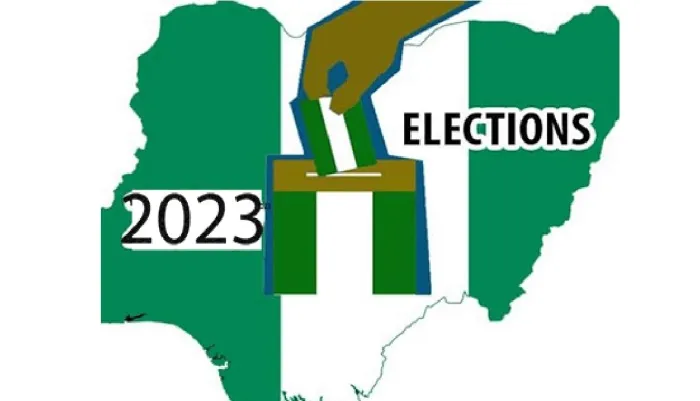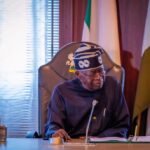The reality that Nigeria urgently needs a change of guard is what the general elections in 2023 will most likely demonstrate. This is the sentiment that is spreading the fastest among Nigerians. These sentiments are primarily a result of the myriad socio-economic problems that have plagued the nation.
Never has Nigeria entered an election with such a high level of unease that resonates throughout the entire country. From insurgency in the North East, to farmers-herders crisis in the North Central, to militancy/oil bunkering in the South South, to Indigenous People of Biafra (IPOB) and unknown gunmen menace in the South East, to banditry in the North West, as well as incessant kidnappings in the South West and virtually all regions.
- NIGERIA DAILY: Why Nigeria May Lose Its Position As “Giant Of Africa” In Next 10 Years
- Nigeria, OPEC countries back 2m barrel crude oil cut
In the past, insecurity was typically felt on a regional basis and was most noticeable in the North East and South South. The realisation that these socio-economic challenges aren’t necessarily the making of the current administration, even though they worsened under it due to poor management of the country’s affairs, is an intriguing aspect of political debates in the country. The unfortunate conclusion from these facts remains that Nigeria’s economic brigandage and current levels of insecurity are of such historic proportions. Tragically, in the face of these realities, the country aspires to conduct one of its most crucial elections in its history.
Majority of Nigerians will vote in the general elections in 2023 as citizens who have suffered from the country’s severe economic and social problems. One of the choices that a majority of eligible voters must make is whether the outcome of this election can result in the necessary and desired change.
Political experts question whether the 2023 general elections in Nigeria should only focus on a change of guard or make sure a specific group of leaders emerge. If so, what sort of expertise is needed, and how can the consensus over this be reached? This is significant, considering previous voters’ choices had been mostly influenced by a variety of factors like ethnic or religious identity, personal interests, and regional or national interests.
Unfortunately, national election outcomes in Nigeria have mostly leaned towards all the other factors, but national interest. Will the 2023 elections be among the first in Nigeria where national interest triumphs over all other factors that influence voting behaviour? History will judge.
The elections will also be the first since 2007 where the incumbent president will not be on the ballot. This would ostensibly create a fair playing field for all presidential candidates since the current president has served out his term limit. It will also be the first to be held without any ex-military generals on the ballot since the country’s return to democracy in 1999. It will also be the first general election to take place in the wake of the #EndSARS protest in 2020, which demonstrated how resilient young people can be when they speak up and defend their rights. The number of young people, who will vote and ultimately determine the outcome of the election, will likely rise significantly as a result.
Furthermore, the upcoming elections will be the first under the nation’s new electoral legislation. The new law allows for advanced technological developments in the electoral process, including the electronic transmission of polling results. This largely suggests that voter confidence in the transparency of elections may significantly improve. Political office contenders or candidates will also have up to 150 days (five months) before the election to canvass the country and persuade voters.
Time is a crucial element in politics. This is one aspect of the new legislation that politicians prefer to accept with mixed emotions, as it extends the campaign period from the customary 90 days to 150 days.
The Independent National Electoral Commission (INEC) has committed to deploying the INEC Result Viewing Portal (IReV) for the 2023 general elections. For the first time in a general election, the public will be able to access the results instantly posted from the polling units on election day through the portal, enabling citizens to calculate these outcomes even before INEC collates and announces them.
Given these innovations and efforts, does this suggest that the 2023 elections will set a new high for voter turnout in Nigeria’s electoral democracy? History will judge.
Michael Agada works for Yiaga Africa as a senior research officer.

 Join Daily Trust WhatsApp Community For Quick Access To News and Happenings Around You.
Join Daily Trust WhatsApp Community For Quick Access To News and Happenings Around You.


